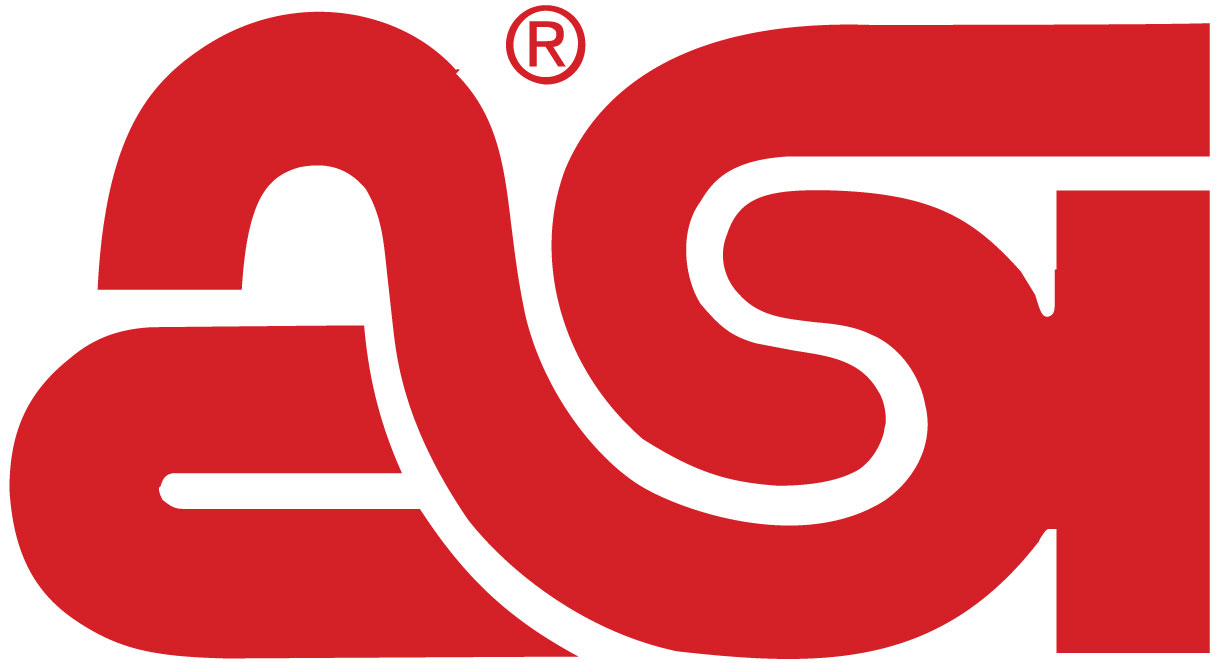
Growing up in the ’90s was great. I had loving parents, a nice home and plenty of friends. But something was off.
I knew I wasn’t like the other little girls in my class. They giggled when the boys walked by. They blushed and had crushes and wrote notes to boys. I just wanted to be friends with boys. But I definitely wasn’t giggling in their general direction.
I knew I was gay when I was young. Like 6 or 7. In fact, I clearly remember the day I tried to tell my mom. My borderline conservative mom. I said “Mom, I’m different. I think I’m gay” and she immediately said “What?? You don’t even know what that means! Go to bed.”

Me in 1994 at 8 years old.
She grew up in a world where being gay was labeled a mental illness. Not something you want for your oldest child. I told my mom this in 1993, when I was 7. I felt very alone after her reaction despite still being surrounded by love, family and friends. I felt like I should hide. I felt ashamed.
I didn’t know a single gay person. None in real life and there weren’t any on TV when I was little. I remember the hubbub when Ellen DeGeneres came out in 1994, less than a year after I came out (albeit to a smaller audience). I remember hearing someone call her Ellen “DeGenerate.” It hurt my little heart. But this is why it’s important to have gay celebrities “in our faces.” Sometimes that’s all a kid has.
Being different when you think you’re alone in your difference is a unique experience. It’s one that’s terrifying when you’re in it and defining when you come out of it. It wasn’t until middle school that I saw other kids living their truth. Not many, but a small few. I remember thinking they were brave. I was hiding. In plain sight, mind you, because pretty much everyone realized I was gay by then.
In high school I had my first girlfriend. And it didn’t take people long to realize the two of us were a couple. But I still wasn’t shouting my love from the mountaintops. I still felt awkward. I still felt like it changed people’s opinion of me.
Throughout my life I’ve heard all the things: “You’re going to hell. You just haven’t met the right man. You’re an abomination, a sin. You’re disgusting. God hates you. You chose this.” I’ve grown a thick skin. You can’t hurt me with your words, but I do get hurt thinking about all the kids you can hurt with what you say. Or in some cases, what you don’t say. You’d be amazed at how far a “it’s OK if you’re gay, it’s who you are” goes when you’re struggling.
I came to ASI in 2010. Since the beginning I’ve felt nothing but welcomed. ASI has become my second home. I’ve been respected, listened to and offered many opportunities. During a rough patch where my family dealt with addiction, ASI was a safe haven. I could come here and just focus on work and interact with people who really cared about me. And when you find that, you never want to leave it.
In 2020 I met the love of my life, a self-identified straight woman. She came with two kids and an entire dating history full of men. She noticed all the disapproving looks I’ve learned to tune out. She felt the awkwardness and judgment I did as a kid. I’m sorry she had to, but I’m glad she was an adult and she wasn’t alone when she did.

My family and me on Christmas Day 2020.
Not long ago a stranger on Facebook told me I was off to hell (again) for raising a family in a two-mom household. I told her to relax, I’m basically a dad: all football and bad jokes. I laughed, she didn’t. Humor has been a constant for me. It’s healing and empowering and it reminds me not to take life so seriously. It’s a short ride. You have to live it on your terms.
If you were to ask me how to be an ally, I’d tell you: just be a good person. Care about those around you. Be kind to them. Help when and where you can. Don’t treat your gay colleagues any better or worse than your straight ones. We have all the same desires at the end of the day: to be part of the group. To be loved. To be wanted. To be welcomed as we are.